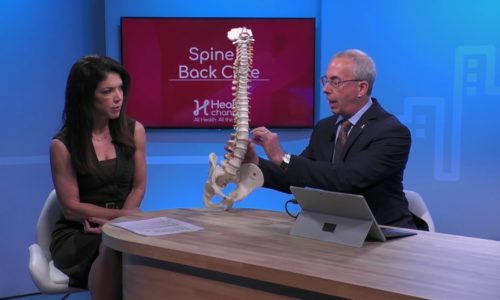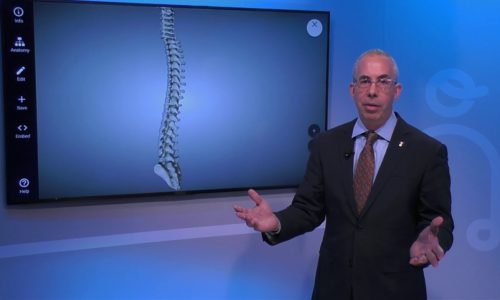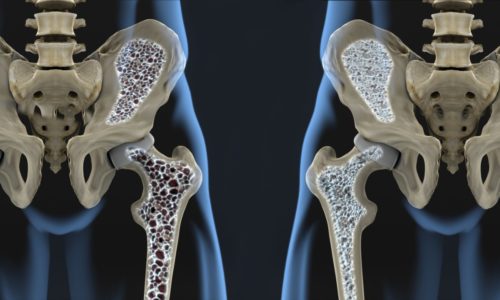Diagnosing Osteoporosis |
Bone density test, or DEXA scan (dual-energy x-ray absorptiometry) is the exam for diagnosing osteoporosis, says Dr. Deepa Sharma, Family Medicine Physician with Baptist Health Primary Care.
The specialist explains it’s a painless and not invasive test, similar to X ray, and it can help to determinate the bone density status. No preparation, intravenous medication or sedation is required and the exam takes about 20 minutes.
The doctor advises doing the test for women over 65 and for men over 70 and also, she is in favor of the heel scan.
Transcript
Is there a test to diagnose osteoporosis, doctor? >Yes, there is it’s called a bone density test or a DEXA scan and it is a painless, non-internet, non-invasive exam similar to an x-ray that can help us determine your bone density status >And that’s what right there? >Yep, that looks like it right there. >All right, so this kind of does what? Can you explain to us? How long? So people can know it’s effortless. >Yes, yes, it’s effortless it is like an x-ray machine you can wear your clothes of course it will detect any buttons or metal so you may be asked to wear a gown and does not require any preparation you don’t need any intravenous medications or sedation generally the test takes about 15 to 20 minutes and like I said similar to an x-ray. >All right so a lot of people probably have these kind of questions so let me just start asking them because I started jotting them down, you need a prescription? >You do need a prescription for most places to get a bone density scan. >What age do you recommend one, doctor? >So the age recommendations there are some guidelines generally for women over age 65 from men over age 70 and you may need it at a younger age if you have certain risk factors which I know we’re gonna be discussing later. >Is there a lot of radiation here? Sometimes people want to know that. >That’s a great question it’s actually considered low radiation equivalent to basically your atmospheric exposure on any given day. >And when do you recommend a follow-up when you first start? >So, generally the DEXA scans are done every two years. >All right and I know hospitals like Baptist offer what they call heel scans can you tell— free for that matter can you tell us what those are and does it replace a bone density test? >That’s a great question and I actually get that question a lot from patients a heel scan is a type of screening test that’s offered at a lot of health player a lot of health fairs and by a lot of employers and by our health care facility as well and it is a good screening test to find out if this is something that you should discuss with your doctor it does not replace a DEXA scan which is a central exam and more complete but I am in favor of the scans because it does allow for patients to start to have a conversation with their physicians.








